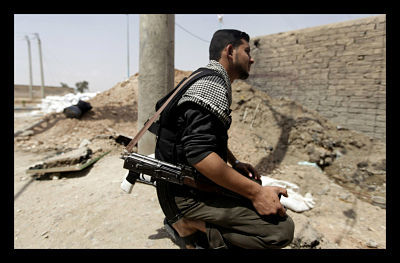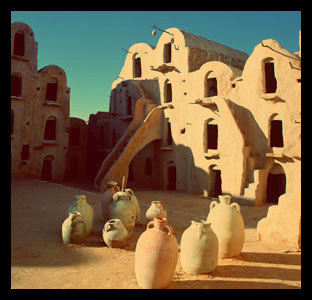
The Arab Spring brought the air of revolution to Tunisia, and after years of struggling to create a steady and free democracy, the assembly has reached an agreement and approved a new constitution.
Out of the 216 members of the Tunisian assembly, 200 affiliates voted to pass the constitution. Of the remaining 16 members, 12 voted against the constitution and four members abstained from the vote.
Three years ago, Zine el-Abidine Ben Ali was ousted from the highest political office in Tunisia, which marked the beginning of the tumultuous journey towards democratic stability.
Ben Ali was overthrown in January 2011, and it was not until about October 2012 that the Islamist party, Ennahda, gained control of Tunisia. It has held power ever since, but agreed to step down from office once the final draft of the constitution was passed in the assembly.
After the overthrow of Ben Ali, there came multiple terrorist attacks and two political assassinations of secular leaders. The Islamist party Ennahda denounced the violent acts, but certain radical Islamists are held responsible. Their motive was to maintain Islamic leaders in powerful positions.
The two years it took to draft the new Tunisian constitution stirred tensions between Islamists and Secularists, as the Islamists wanted to invoke Sharia (Islamic) law. The compromise within the constitution seems promising, and the Ennahda has stepped down. An appointed caretaker government will be taking power until elections that will take place later this year. The Prime Minister of the caretaker government, Mehdi Jomaa, is a respected technocrat who will lead the transitional period until the time comes for free elections.
The Assembly Speaker, Mustapha Ben Jaafar, was quoted after the vote, saying, “This constitution, without being perfect, is one of consensus… we had today a new rendezvous with history to build a democracy founded on rights and equality.”
From what is known of the new constitution so far, it seems to be the most broadminded within the Middle East/North African region, with the guarantee of gender equality and protection of the environment. There are also laws that keep the state responsible for detecting and confronting corruption.
Power is split between the Prime Minister and the President, with more control in the Prime Minister’s hands and the President’s dominance lying mostly within defense policies and foreign relations.
The Tunisian constitution does not cite Sharia law, but Islam is declared as the country’s religion and the state outlaws attacks on Islam. As religious differences were a major obstacle in drafting this new constitution, this is a remarkable step for the North African country.
“All eyes around the world are fixed upon Tunisia’s democratic experience,” Jaafar stated. His words are appropriate, especially with the most recent turmoil in nearby countries, such as Egypt and Yemen.
Hopefully this milestone in Tunisia will be a model for countries struggling to obtain stability after the turmoil of the Arab Spring. The revolutions were necessary for the inspiration of new democratic ideals, however the loss of control has left many countries vulnerable to terrorist organizations and leaders with ulterior motives. The constitution marks a new era for the Tunis people that will hopefully lead to a thriving economy and strong democracy.
– Danielle Warren
Sources: Aljazeera, CNN, New York Times
Photo: Blouin News



